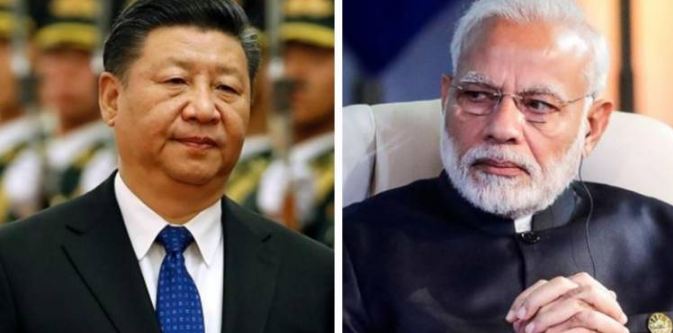In the aftermath of the coronavirus pandemic and the rising border tensions with China, the Rare Earth Elements (REEs) sector is paramount to developing everything from advanced ballistics systems to industrial machinery to IT, clean energy systems; healthcare is facing an increasingly bleak future. India cannot rely on the global supply chains to script its economic growth story, and more so, when there is an opponent like China which stands to benefit from such an arrangement. However, it is the rigid infrastructure of the sector and the tight control by the government that is stopping India from realising its full potential in the sector.
It is imperative to note that India has the world’s fifth-largest reserves of rare earth elements, nearly twice as much as Australia, but it still imports most of its rare earth needs in finished form from its geopolitical rival, China. As reported by TFI, at present, China accounts for 70 per cent of the global production in rare earth metals.
Significant rare earth minerals found in India include ilmenite, sillimanite, garnet, zircon, monazite and rutile which are collectively called Beach Sand Minerals (BSM). India has almost 35 per cent of the world’s total BSM deposits.
However, a government organization named Indian Rare Earths Limited, IREL, currently has a monopoly over the primary mineral that contains REEs: monazite beach sand, found in many coastal states. IREL simply produces rare earth oxides and sells them to foreign firms which supply the finished products and harvest huge profits.
Moreover, the only other purpose of IREL is to supply thorium (extracted from monazite) to the Department of Atomic Energy. Thus, IREL or the work it undertakes has little to no significance in the global market or the domestic consumption market.
And the Chinese monopoly in any sector of the global economy is detrimental to the entire humankind. The Communist hardliners in China have been instigating Beijing to weaponise its monopoly by cutting its adversaries such as the US and India off the rare earth minerals supply. The CCP mouthpiece, Global Times has even called Chinese monopoly in the minerals “an ace in Beijing’s hand.”
Sensing that China was using its monopoly in the rare earth metals portfolio to its advantage, the former US President Donald Trump in October last year signed an order, declaring a national emergency in the American mining industry. The executive order was aimed at boosting the domestic production of rare earth metals critical for military technologies while cutting dependence on the paper dragon.
Read more: After Japan, the USA’s big rare earth push will snatch another monopoly from China
While the same cannot be said about Joe Biden, who seems to be a China lackey, India under PM Narendra Modi can ensure that the untapped potential of India’s rare earth metal industry is fully realised.
To do so, India must open its rare earth sector up to competition and innovation, and attract the large amounts of capital needed to set up facilities to compete with and supply to the world. Large amounts of investment need to be poured into the downstream as well as the upstream segment of the sector. A specialised Department of Rare earth metal needs to be formulated so that the investors have a clear roadmap chalked up and in case of any discrepancy, the red taping does not slow down the process in absence of a refined department.
This sector has a huge capacity to churn out employment on a mass scale, as well as help PM Modi in achieving his ambitions of an ‘Aatmanirbhar Bharat’.

